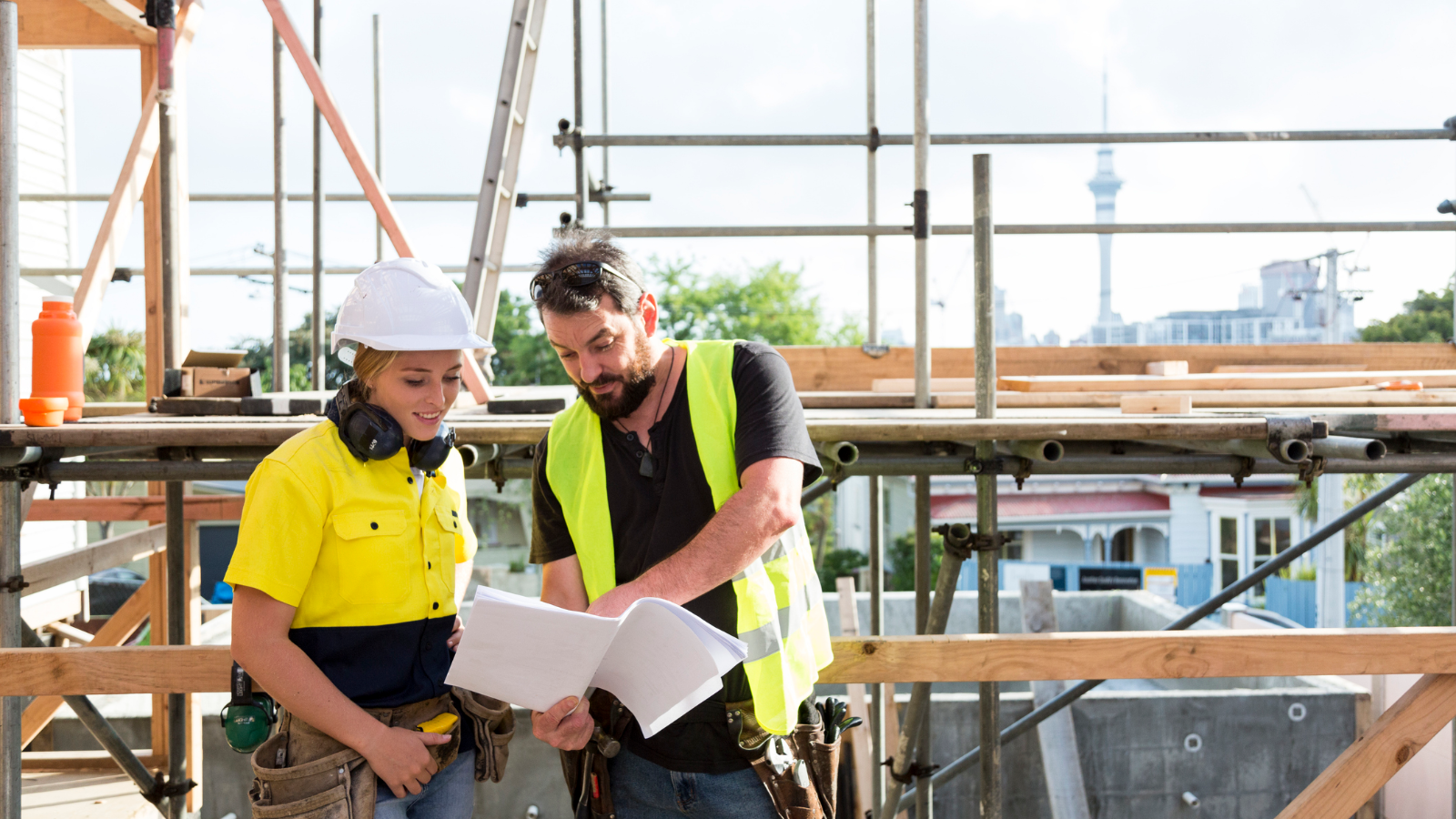Buying guide
Code of compliance explained
Everything you need to know about CCs (Code compliance, not the chips)
Last updated: 10 July 2024
Whether you’re building, buying or renovating a home, it’s good to know what code of compliance (CC) is and have some idea of what it means for you. Here’s everything you need to know.
What is code of compliance?
When you build anything that requires building consent you’ll need to apply to your local council. Once they’ve granted that consent your building work must be compliant to that consent – in other words, the finished result needs to match the plans.
A code of compliance certificate (CCC) confirms that the work does in fact match those consented plans and that it meets the 2004 Building Code. This is not only important when building your home – it’s also essential that you check whether or not CCC has been issued when buying a home (more on this later).
How do I get a code compliance certificate once the work’s done?
Once you’ve received consent for your building work and completed all work included on that consent you’ll need to request your CCC by applying online via your local council’s website. Or, if your council does not offer an online application, you’ll need to fill out an application form and email it to them (your builder will often do this on your behalf if you have one).
Once you’ve made an application, response times vary between councils, but by law they must process your application within 20 working days. The 20 day countdown only starts when all information is provided.
Information needed
At minimum you’ll need to provide the following for your work to be granted CCC:
A correctly completed code compliance application.
Energy works certificates for electrical or gas work.
You’ll also need to provide a licensed building practitioner record of works documents, which should include:
Building consent number.
Details of the people who undertook the work, including registration number.
Description of work completed.
Code clauses the completed work meets.
Site address.
If you’re unsure what any of the above are, don’t worry. Make sure you hire a qualified tradesperson and they’ll handle all ‘record of works’ documents and help you with the consent if need be.
Can I live in my building without a code of compliance?
In most cases you can live in your home before the CCC is issued. A property must legally obtain a code compliance certificate after it’s built, but in some cases such as during renovations or when moving into a new-build you’ll need to move in before its issued.
If you complete work without getting consent you can be fined up to $200,000, plus $20,000 for every day the work continues. Your council can then issue a demand to fix the issue (which in some cases may mean taking down an unconsented structure, or changing your home to how it originally was).
It's usually best to only buy a property if it has up to date CCs.
Should I buy a house without code of compliance?
There are thousands of homes around New Zealand that have works that were not consented. There are several reasons for this – for example, if the work was completed before a CCC was required, the consent records were lost or the owner simply didn’t complete the process.
Whatever the reason, buyers should approach properties that don't have a proper CCC with caution as it may be difficult to insure or get bank finance for them. Your lawyer will be able to help you investigate consents by searching the title and checking the LIM (land information memorandum – a record of all the documents the council holds on a property).
If you do find unconsented works:
Let the vendor and their solicitor know and talk to your lawyer.
You may need to speak to the council to get an idea of what work is required to remedy the lack of a CCC (or the vendor should if they are willing).
In some cases the vendor will be able to make some minor changes to get final CCC approved, in others major work will be required, or it may be very difficult to get CCC.
A building inspector can help provide insight into how the non certified works were completed and what may be required to fix them (if anything).
Speak to your insurance provider and lender to make sure the non certified works won’t affect your insurance or finance if you decide to make an offer anyway.
Before you buy, you should also consider that works without a CCC can tend to put off buyers so the property may be harder to sell (or even impossible). When you make an offer or bid at auction, keep this in mind and make sure it's reflected in the amount you’re willing to pay.
Author
Other articles you might like

-fotor-20240710145234.png)
